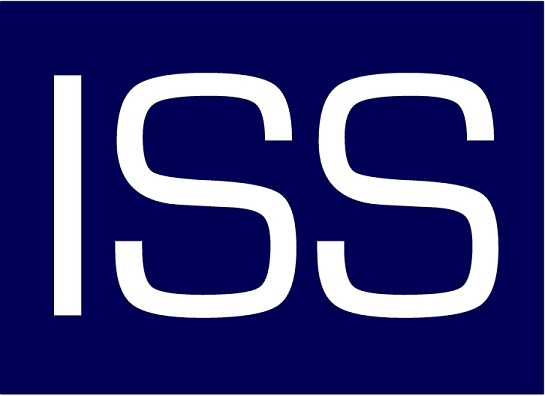The Projected Impact of Generative AI on Future Productivity Growth — Penn Wharton Budget Model
This Wharton Budget Model article analyzes how generative AI adoption may affect long-term productivity growth, weighing the potential efficiency gains against workforce challenges and measurement complexities. Connect with ISS - Information Systems Solutions to discuss what these shifts could mean for your business strategy.
Generative AI is expected to increase productivity and GDP by approximately 1.5% by 2035, nearly 3% by 2055, and 3.7% by 2075. The strongest boost to annual productivity growth is anticipated in the early 2030s, with a peak contribution of 0.2 percentage points in 2032.
Around 40% of current GDP could be significantly impacted by generative AI, with occupations at the 80th percentile of earnings being the most exposed. Approximately half of the work in these high-earning jobs is susceptible to automation by AI.
Long-term Effects of AI Adoption
While AI's boost to productivity growth is projected to peak in the early 2030s, its long-term effect will result in a permanent increase in total factor productivity (TFP) levels, estimated to be around 1.5% higher by 2035, 3% higher by 2055, and 3.7% higher by 2075 compared to a scenario without AI.
.jpeg)
The Projected Impact of Generative AI on Future Productivity Growth — Penn Wharton Budget Model
published by ISS - Information Systems Solutions
ISS is a full-service IT & Security Solutions Provider. We proudly serve the Acadiana area of Louisiana, and specialize in the needs of Small & Medium businesses. Since 1999, ISS has provided professional solutions with excellent customer service. We are always anxious to meet a new potential customer, learn about their business and goals, to see if ISS would be a good fit for them to achieve exponential growth.
.jpeg)



